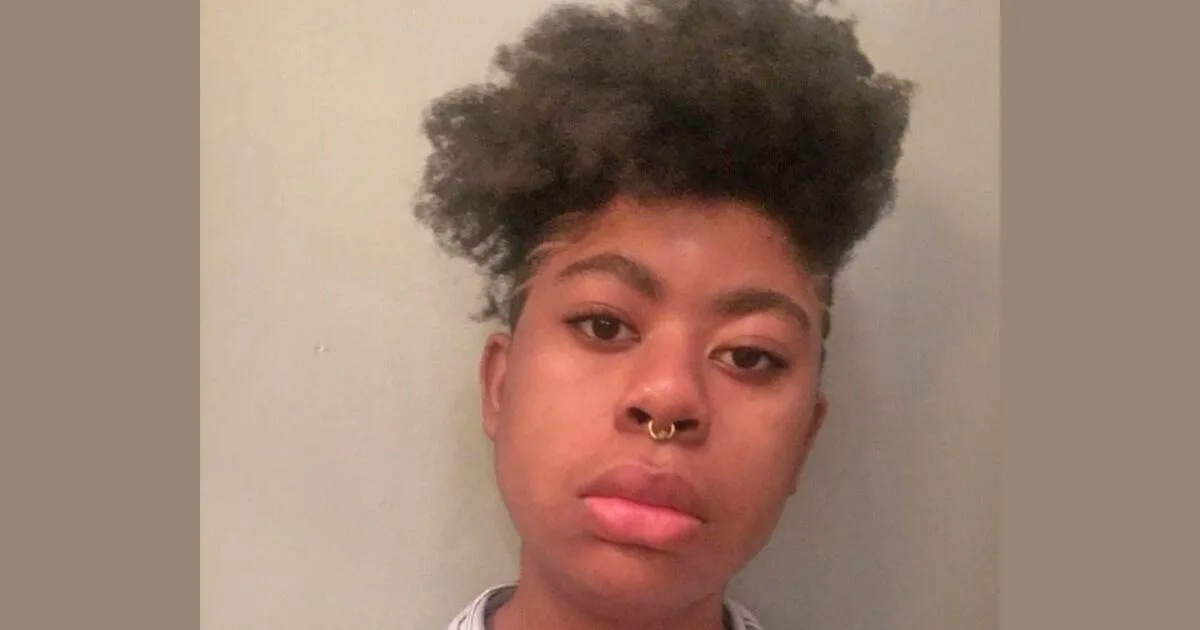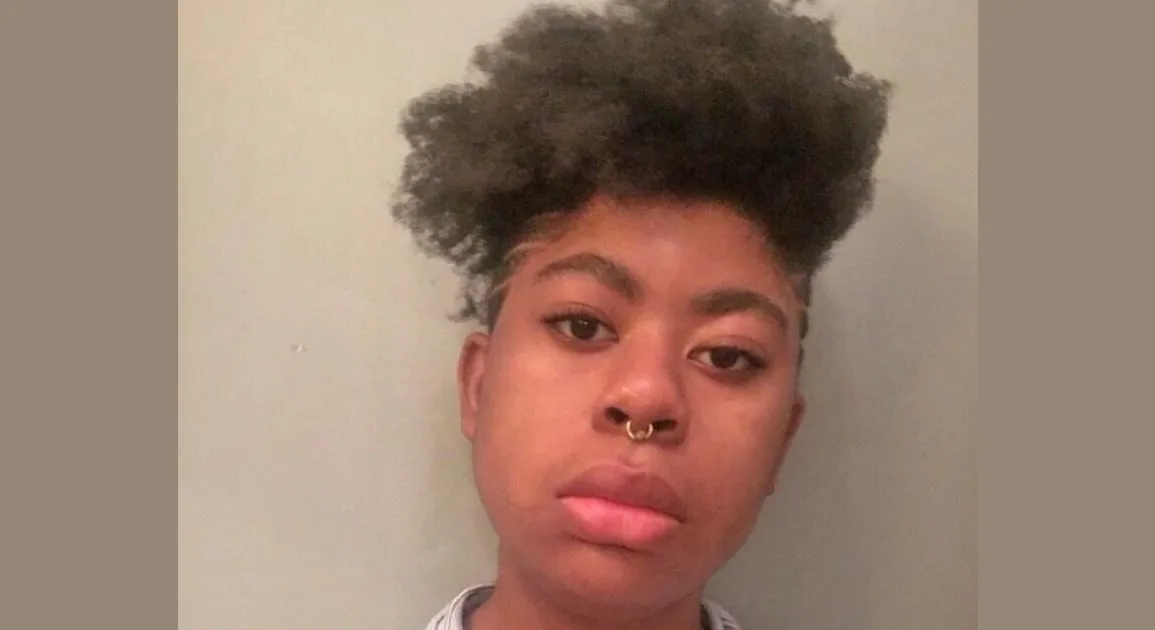
On the morning of July 18, justice was upheld and the voices of so many Black Illinoisians were heard. The Illinois Supreme Court’s ruling to allow implementation of the Pretrial Fairness Act will transform communities and make them safer for all.
The law is part of the SAFE-T Act, a criminal-justice omnibus bill signed by Gov. J.B. Pritzker in 2021 in response to the Black Lives Matter protests of 2020. After delays caused by state’s attorneys seeking to undermine the law in the courts, the Pretrial Fairness Act will take effect Sept. 18 and will drastically change pretrial practices in Illinois and eliminate wealth-based jailing.
Now, only people who are considered a flight risk or safety concern will be held before trial; no longer will people be jailed simply because they are poor. Illinois is the first state in the country to eradicate money bonds, something that communities have been fighting for for years.
In order for safety to be realized, communities need to have the resources and social support systems to create healthy environments. For decades, Illinois incarcerated thousands of people not because they risked public safety, but because they were too poor to afford their freedom.
Research has shown that this practice blocked people’s access to jobs, housing, education and other life-affirming support systems. This results in both increased recidivism rates and crime.
Additionally, pretrial incarceration harms communities and local economies, particularly those that have experienced historical under-investment and over-policing. Black people and communities carry the disproportionate weight of pretrial incarceration in Illinois. Pretrial incarceration acts like a siphon, draining communities of their greatest resources: people and finances.
Black families are forced to use their resources to buy their loved ones’ freedom and forgo paying for other quality-of-life necessities. Instead of protecting those who are the most vulnerable, it has drained primarily Black communities of wealth, damaging local economies all while systemic disinvestment persists.
There is no widely accepted evidence that shows money bail improves public safety or court appearance rates, but there are many studies showing bail reform has no negative impact on crime or court appearance concerns for many.
Concern about persistent intra-community violence, due in part to disinvestment, is at the heart of fear about bail reform for many Black people. This unease has been fed by a persistent misinformation campaign led by the same people that attempt to thwart efforts to increase equitable opportunities and remediate decades of systemic racism and oppression.
This targeted campaign has exploited an increasingly hostile climate for all — in particular, Black Americans. Despite these targeted efforts, their scare tactics have failed to stop implementation.
These hyperbolic claims are disingenuous and are geared toward influencing people’s emotions, thoughts and beliefs with extremism rather than using true facts. The truth is that the old system of wealth-based jailing has never kept our communities safe.
Safety is the goal and purpose of the Pretrial Fairness Act and what can happen if it is correctly implemented.


